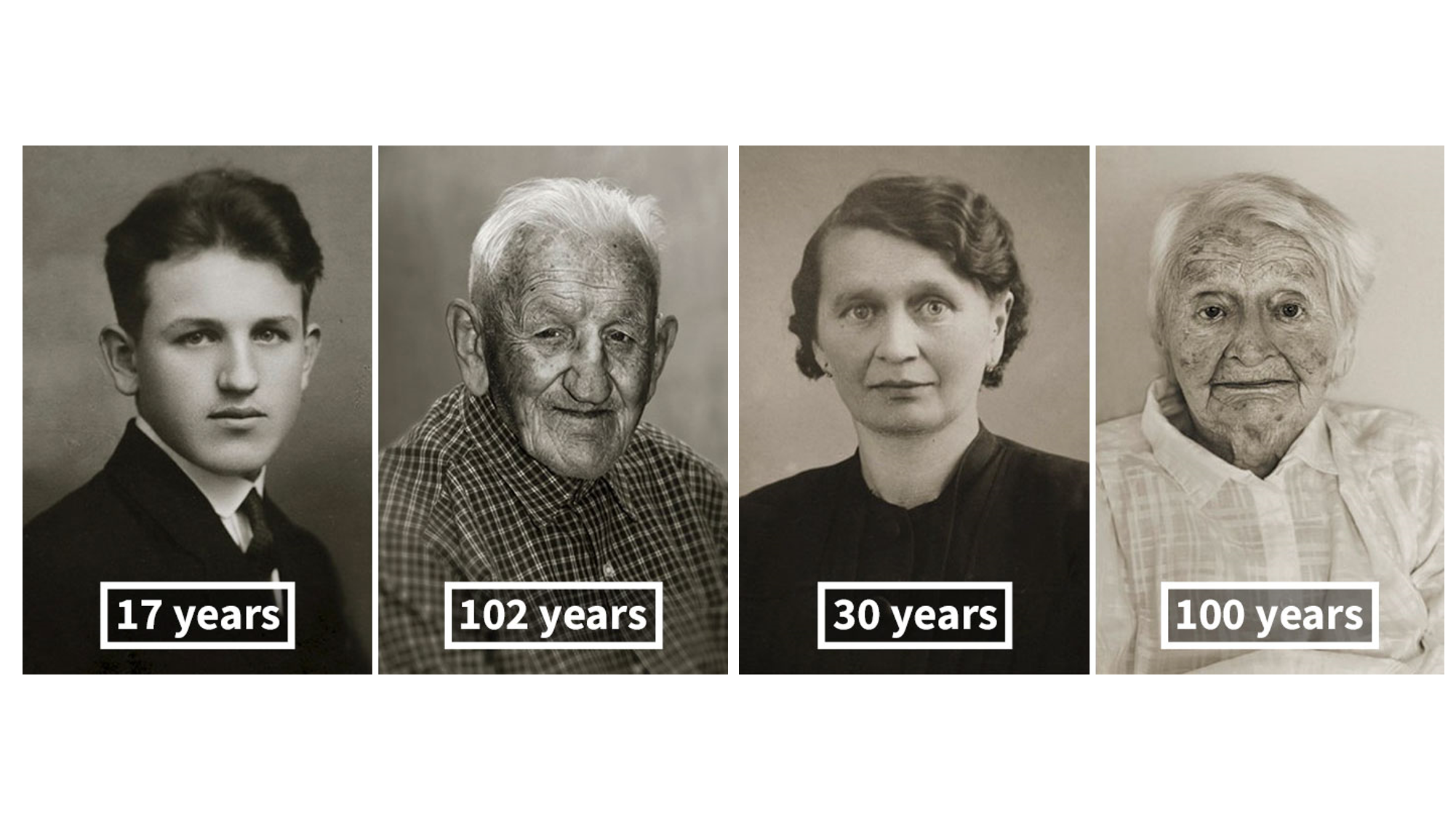3 trends and 5 barriers affecting generations at work (Part 2 of 3)

This is the second part of a three-part blog series that explores generational inclusion: key concepts, myths, trends, facts, barriers and enablers. I’m focusing on what you need to know and to do as a leader to build bridges, rather than walls, between people and create an inclusive culture where people of all ages can succeed.
Three trends affecting all generations
-
New skills will be needed in the future
By 2021, over one-third of skills (35 percent) considered important in today’s workforce will have changed.[i] Many jobs will disappear, and new types of jobs will be created. Futurist Thomas Frey predicts that by 2030, about fifty percent of all jobs on the planet will not exist anymore.[ii]
-
The number of jobs in a lifetime is increasing
The average worker currently holds ten different jobs before age forty, and this number is projected to grow.[iii] This means that employee retention standards are evolving.
-
Employees have higher expectations regarding work-life integration
For different reasons (to have a social life, to care for children or older parents, to volunteer, etc.), employees from different generations are looking for more flexibility. Workplace flexibility is ranked by 75 percent of employees as the top benefit they look for in an employer.[iv]
Five key barriers for generational inclusion
-
Age discrimination
Age is the main cause of discrimination in Europe, more than sex or race.[v] It can be felt particularly by older people when applying for jobs or promotions, and in their access to training. For instance, in France, a CV testing found that a CV by a 48 years old man, identical to a CV of a 28 years old man, receives seven times fewer calls for interviews.[vi] Only one-third of employees between 55 and 64 are trained, compared with half of those between 25 and 54 years old.[vii] Yet research shows that roughly 80 percent of employees of all ages want to keep learning.[viii] I worked for a Belgium company where employee’s perception was that if you hadn’t become a manager at forty years old, there was no way you could ever become one. The data analysis confirmed their perception, as no forty plus first-time managers had been nominated in previous years. In particular there are a few powerful stereotypes about older employees, that need to be debunked.
-
They cost more
Studies show that eighty percent employees who are fifty years old and above are willing to review their salary expectations.[ix] This is the case particularly when they are changing careers.
-
They are not flexible
Studies show that ninety percent of employees who are fifty years old and above are willing to change jobs.[x]
-
They will leave the organisation soon
Employees around fifty years old still have one-third of their careers ahead of. And they tend to be less volatile than younger employees.
-
High unemployment rates of youth
In 2014, the global youth (those below 25) unemployment rate was 13 percent, more than twice the global rate of unemployment.[xi] This is due to lack of experience, the mismatch between the skills that youngsters have and the vacancies that employers want to fill, and precarious jobs offered to youth. Germany, which has a relatively low level of youth unemployment, places a lot of emphasis on high-quality vocational courses, apprenticeships, and links with industry.[xii]
- Widespread age stereotyping
Age stereotyping is so pervasive that people are less inclined to challenge them, and even internalise them. So many times, I hear people saying “I’m too old for this or I’m too young for that.” Many people believe and say out loud that older people are not dynamic, are costly, are more resistant to change, learn less and perform less. Older people also complain about younger people in stereotypical terms, such as “They are entitled, they lack respect, they are not committed, etc.” The attention that generational studies attracted also legitimised, to some extent, generational stereotyping.
- The digital divide
As I mentioned earlier, the key difference between the millennials and Gen Z and previous generations is the fact that they are digital natives. The digital revolution affects everyone, and younger generations have an advantage over older generations in this respect. It’s important to acknowledge the different digital skills level in a team, although, of course, individuals are unique and you’ll find many individuals from older generations perfectly tech savvy. In some cases, discomfort might come from the fact that the established order is turned upside down, as older employees depend on younger employees to understand how to use technology.
- Tension between younger managers and older employees
Increasingly, younger employees manage older team members. This can lead to tension on both sides. At times, there is a feeling of: Why am I being bossed around by someone without a lot of experience? On the other hand, the younger person may be insecure and wonder: How do I do this? I once met a senior leader who confessed to me that he had never, in his entire career, hired an employee older than himself. He wanted to avoid the discomfort of managing somebody older. He was only 44 years old.
PS: this article’s cover image is taken from the project Faces of Century by the Czech photographer Jan Langer.
***
Thanks for taking the time to read this post. Let me know what you think about it in the comments below!
This is an excerpt from one of the chapters of my book “Succeed as an inclusive leader – Winning leadership habits in a diverse world”. To get my articles and updates directly in your inbox, sign up for my newsletter.
Register for the next Inclusive Leadership Mastery Course, the most relevant, practical and up-to-date train-the-trainers-training on inclusive leadership. Click HERE to find out more about it.
Looking for new ways to accelerate progress towards inclusion? Visit Déclic International and find out about our innovative speaking, training and consulting solutions.
ABOUT THE AUTHOR
THAIS COMPOINT is a top global specialist in inclusive leadership. Her achievements have been acknowledged with 14 awards world-wide, including the prestigious “2018 Top Global Diversity and Inclusion Leader Award”. She’s a speaker, author, facilitator, and consultant with over 18 years of experience. Thais spoke at three TEDx events, is the author of “Succeed as an inclusive leader”, the creator of the Inclusive Leadership Global Conference, and the host of the YouTube show and podcast “The Inclusiveship Show”. Thais is also the founder and CEO of Déclic International, a global boutique consultancy that she founded after leading the inclusion & diversity strategies of three Fortune 500 companies: Vinci, Coca-Cola Enterprises and Cisco.
References
[i] The Future of Jobs and Skills, World Economic Forum, 2016.
[ii] http://www.futuristspeaker.com/business-trends/2-billion-jobs-to-disappear-by-2030/
[iii] http://www.futuristspeaker.com/business-trends/2-billion-jobs-to-disappear-by-2030/
[iv] https://workplacetrends.com/the-2015-workplace-flexibility-study/
[v] Ageism in Europe, a report from EURAGE (European Research Group on Attitudes to Age) commissioned by Age UK, 2011.
[vi] http://www.jerpel.fr/spip.php?article20.
[vii] Soukey Ndoye, Du contrat de génération au management intergénérationnel, AFMD, Novembre 2015.
[viii] Jonathan Collie, Segmentation by age is hurting your business, and not in a subtle way either, November, 2016.
[ix] Elisabeth Giret Bertrand, “Non la vie professionneelle ne s’arrete pas à 50 ans », Harvard Business Review France, August 2016.
[x] Elisabeth Giret Bertrand, “Non la vie professionneelle ne s’arrete pas à 50 ans », Harvard Business Review France, August 2016.
[xi] https://www.statista.com/statistics/279777/global-unemployment-rate/.
[xii] http://www.economist.com/blogs/economist-explains/2013/05/economist-explains-why-youth-unemployment-so-high.



